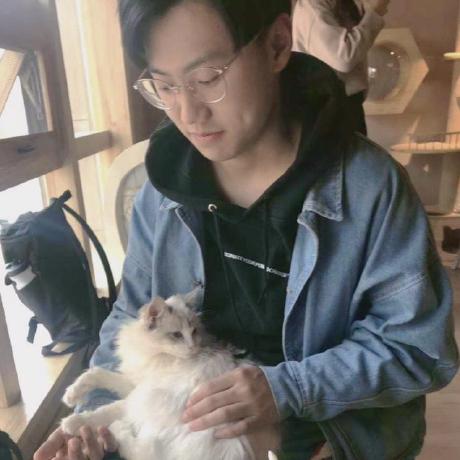Discover and explore top open-source AI tools and projects—updated daily.
UniTok by  FoundationVision
FoundationVision
Unified tokenizer for visual generation and understanding research
Top 61.2% on SourcePulse
UniTok provides a unified visual tokenizer designed for both image generation and understanding tasks, targeting researchers and developers building multimodal large language models (MLLMs). It enables seamless integration with autoregressive generative models and multimodal understanding models, offering a single tokenization solution for diverse MLLM architectures.
How It Works
UniTok employs a novel approach to visual tokenization, achieving state-of-the-art performance by optimizing for both generation and understanding. Benchmarks show UniTok achieves a significantly lower rFID score (0.38) compared to other methods like VILA-U (1.80) and VAR (0.90), indicating superior image reconstruction quality. For understanding tasks, it also demonstrates strong performance, outperforming VILA-U on several benchmarks when integrated into MLLMs.
Quick Start & Requirements
- Installation: Clone the repository and install requirements via
pip install -r requirements.txt. - Prerequisites: Python $\ge$ 3.10, PyTorch $\ge$ 2.3.1.
- Inference: Download checkpoint, then run
python inference.py --ckpt_path <path_to_tokenizer.pth> --src_img <path_to_image> --rec_img <path_to_reconstructed_image>. - Training: Requires DataComp-1B dataset, external models for loss calculation, and ImageNet validation set. Configuration for distributed training is available in
launch.sh. - Demo: A Gradio demo is available on Huggingface.
Highlighted Details
- Achieves rFID of 0.38 and 78.6% accuracy on ImageNet zero-shot classification.
- Outperforms VILA-U on VQA, GQA, TextVQA, POPE, MME, and MM-Vet benchmarks when used with Llama-2-7B.
- Demonstrates strong generation performance, with scores of 0.76 for Count, 0.79 for Differ, and 0.74 for Logical on GenAI-Bench.
- Compatible with frameworks like LlamaGen, LLaVA, Chameleon, and Liquid.
Maintenance & Community
The project is led by Chuofan Ma and Xiaojuan Qi, with contributions from researchers at HKU and ByteDance. Model weights and a Gradio demo are available on Huggingface.
Licensing & Compatibility
Licensed under the MIT License, permitting commercial use and integration with closed-source projects.
Limitations & Caveats
Training requires significant data preparation for DataComp-1B and specific configurations for distributed training. While random initialization is noted to improve downstream understanding performance, the README also mentions CLIP weight initialization boosts zero-shot accuracy, suggesting potential trade-offs depending on the use case.
3 months ago
1 day

 RunpeiDong
RunpeiDong ByteVisionLab
ByteVisionLab AIDC-AI
AIDC-AI kyegomez
kyegomez Hon-Wong
Hon-Wong jy0205
jy0205 TIGER-AI-Lab
TIGER-AI-Lab Aleph-Alpha-Research
Aleph-Alpha-Research ml-explore
ml-explore deepseek-ai
deepseek-ai